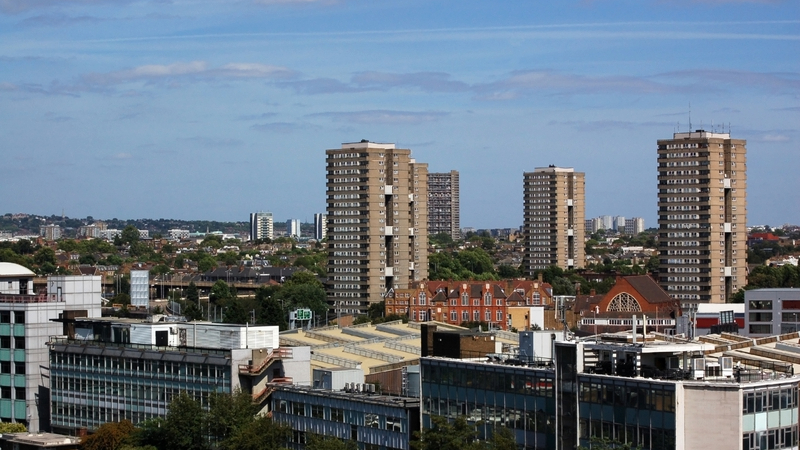
A Laing O’Rourke director has warned the construction industry to brace for a high-profile prosecution under the Building Safety Act and advised to treat every building as high risk.
“Anyone sitting back and waiting to see what happens is going to be in a lot of trouble,” said Nick Mead, chair of the Building Engineering Services Association’s (BESA) Building Safety Act Advisory Group and technical director of MEICA systems at Laing O’Rourke.
“The [Building Safety] Regulator is looking for proof that you are complying with regulations now and that the people working on a project were competent to carry out the specific tasks assigned to them.”
While the Act itself is primarily focused on HRBs, it has already changed many elements of the existing fire safety and building regulations, including the supporting approved documents that apply to all projects. It is also introducing secondary legislation that affects all building work.
Safety regulations ignored
According to BESA, many contractors are still ignoring safety regulations, despite repeated warnings that measures introduced by the Act are already in place and affect every project.
The association is concerned that companies do not realise the Act has already altered the regulations that apply to all construction work and not just higher-risk and high-rise residential buildings and, therefore, face potential prosecution.
“The simplest thing is to treat every building as high risk. The Act has already significantly changed the rules, and every occupant deserves to be safe,” said Mead. “Our industry has become very lax in its record-keeping, particularly around change management.
“If you cannot provide proof of why a decision was made or that the work was carried out by a competent person, the Regulator will not approve it.”
He said the industry should be braced for a high-profile prosecution under the Act because the Regulator would be keen to make a point.
Building Control uncertainty
BESA’s Building Safety Act Advisory Group also warned contractors to be ready for a period of uncertainty as Building Control Officers (BCOs) prepare to become a registered profession in April.
There are estimated to be more than 4,000 who must become certified as competent to work as building inspectors under the new safety regime and they have until October to complete the required assessments and registration process.
BESA said members were already reporting considerable delays with an estimated 60% of ‘in scope’ projects held up at planning Gateway One with just a handful reaching Gateway Two.
Mead said: “Many inspectors are taking a no-risk approach because of confusion over the new rules – and the least risky approach is not to proceed.
“The whole thing could get messy if some projects have to be reassessed at a later stage because they were signed off by unregistered BCOs.”











